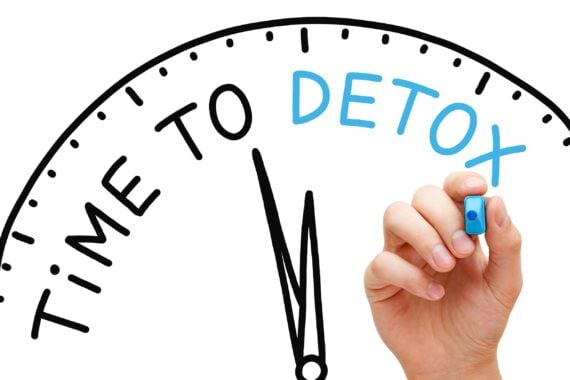Juice cleanses may be a raging fad, but they’re not the be all and end all of detox programs. In fact, many people find that juice cleanses make them feel worse, because the regimen lacks fiber and sufficient calories. Moreover, juice cleanses are often outrageously expensive, costing upward of $30 a day. Since there’s argument whether there’s even a scientific basis for the “detox,” it makes sense to find cheaper and arguably healthier ways to cleanse the body, change up diet, and introduce detoxifying activities into a daily routine.
Read the Label
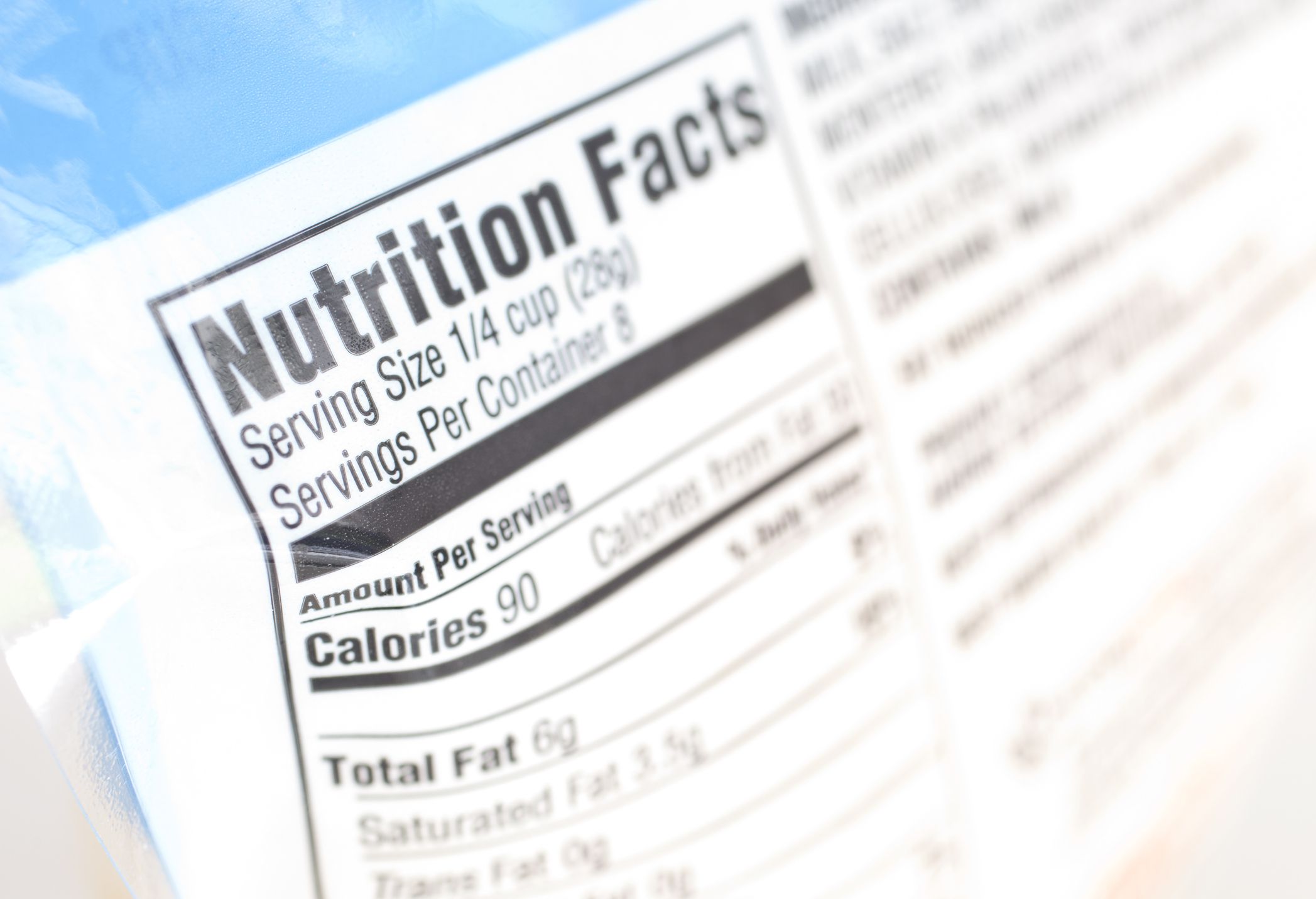
The idea of cleansing is to flush the body and give it a chance to rest and find its natural balance. Our bodies work hard to eliminate what some call toxins consumed in the form of dyes, preservatives, and additives often found in packaged foods. Check labels before buying and shun products that contain harmful chemicals, giving the liver and blood a chance to relax and rejuvenate.
Hydrate Thyself

Keeping the body hydrated is one of the simplest and most important things to do for overall health. Our bodies are made up mostly of water molecules, so it’s no surprise we need to stay well hydrated. Two ways the body eliminates water-based waste and toxins are through urine and sweat, and drinking water helps replenish the fluids that have been lost. Eliminating solid waste requires sufficient water, as well. Drink at least eight 8-ounce glasses of water a day to detox quickly, efficiently, and without sabotaging your health.
Eliminate Meat

Regardless whether meat stays part of a regular diet, cutting it out temporarily might be good for you. A study in The American Journal of Clinical Nutrition found that eating a vegetarian diet lowers the risk of heart disease. Many meats are high in cholesterol, which builds up fatty deposits in arteries, constricting blood flow and thus the oxygen bodies need. Getting protein from other sources, including nuts, legumes, vegetables, and dairy, takes the pressure off the heart and circulatory system while kicking up fiber and calcium intake. Moreover, meat is often the most expensive part of a meal, so eating less means saving more.
Brush the Skin

Skin is the largest organ in the human body and, sometimes referred to as the third kidney, plays a large role in ridding the body of toxins — yet is often neglected during detox routines. An easy way to help the skin detox and renew is by dry brushing with a regular natural bristle hair brush or special skin brushes costing less than $6 on Amazon. (Be sure the bristles are soft and full enough for comfort.) Dry brushing before bathing removes old toxin-carrying cells and encourages the growth of new cells.
Eat Raw

Raw fruits and vegetables contain a load of fiber (helping eliminate waste) and easily absorbed vitamins, minerals, and protein (which together boost energy) — and not the toxins or chemicals a cleanse is meant to avoid. Aim to incorporate five servings of raw produce daily. Raw fruits and vegetables are also high in water, so they fill you up faster, which reduces caloric intake, and help keep you hydrated. Schedule a cleanse in the warmer months and there should be access to plenty of fresh produce at bargain prices.
Trending on Cheapism
Try Psyllium Husk
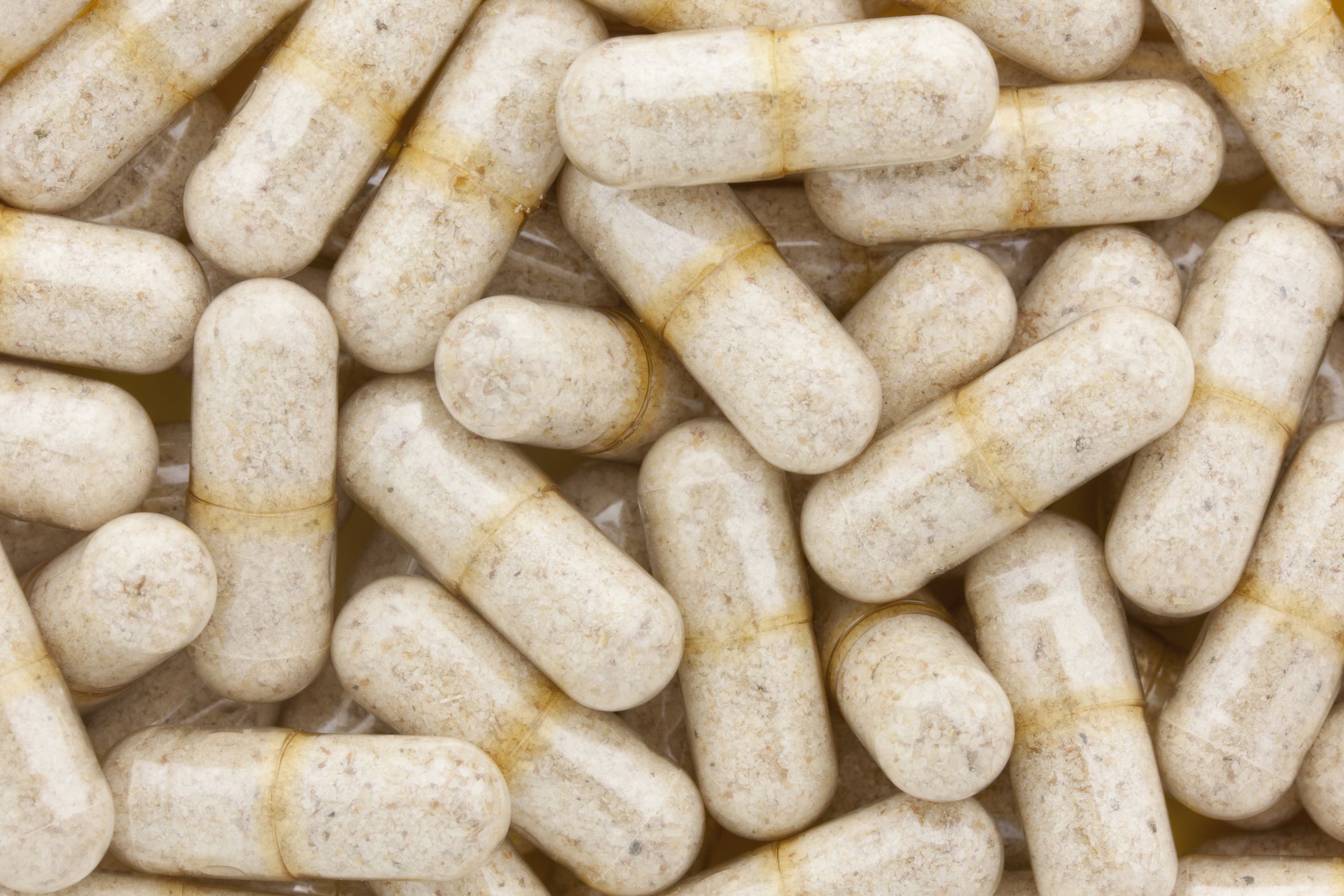
Waste builds up in digestive tracts (i.e., the intestines) over time. As tiny particles cling to the sides, the intestines become an increasingly narrow pathway for elimination. Healthfully suggests using an all-natural fiber supplement such as psyllium husk to clean out the system periodically. Psyllium husk is available as a powder (12 ounces are $12 from The Vitamin Shoppe) and in gelcaps (100 are $10 from The Vitamin Shoppe). It’s a gentle natural supplement, and some find even one teaspoon or three gelcaps is sufficient. Start small and increase gradually as needed.
Consume Ginger
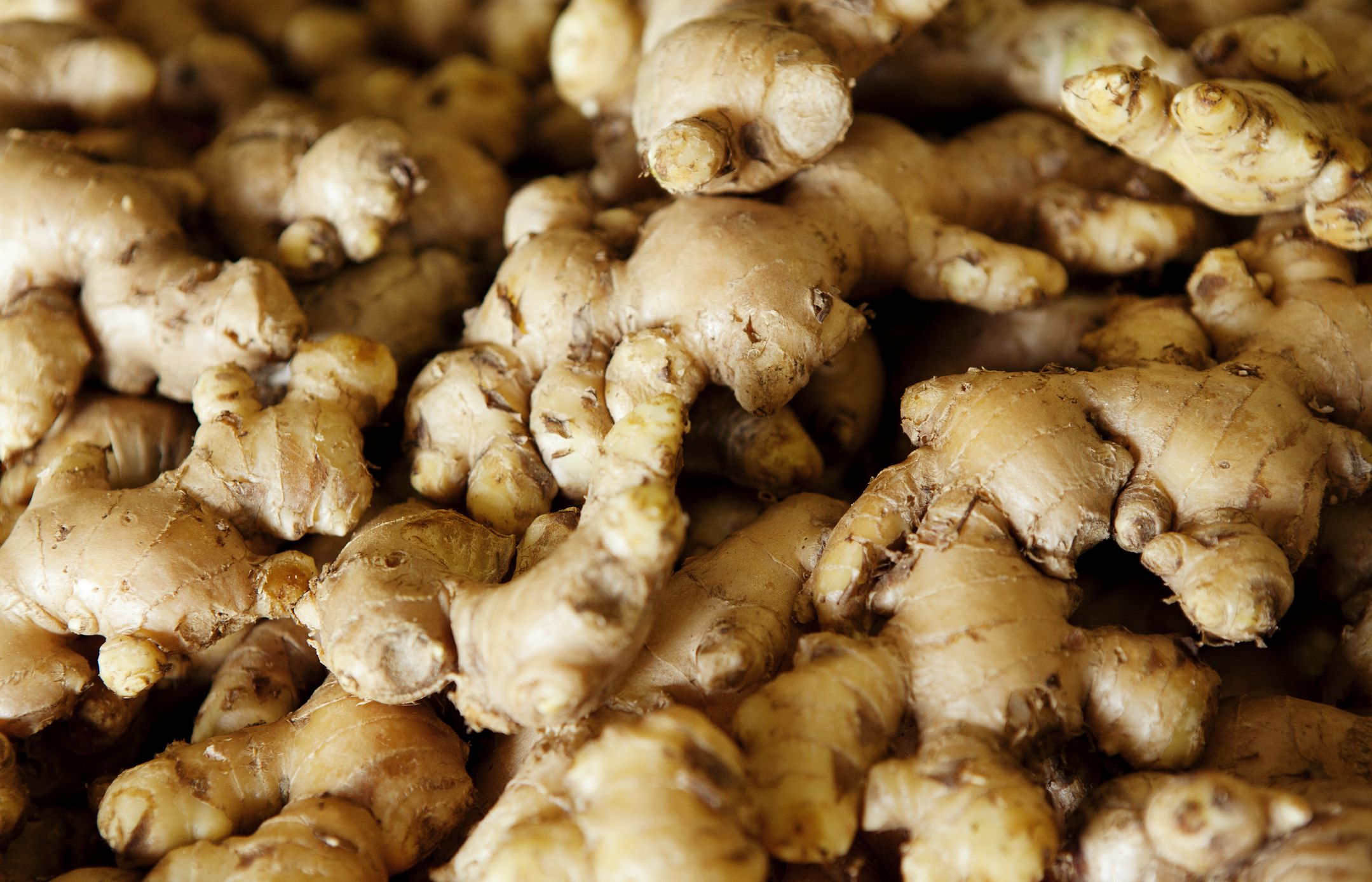
In addition to the impressive anti-inflammatory and antioxidant properties of ginger, this superfood is an impressive detox aid, the Alternative Daily website says. Among its many functions, ginger helps boost blood flow and speed digestion, both essential to ridding the body of toxins. Ginger, with a high-fiber diet, will clean out the digestive tract thoroughly. Consuming ginger raw or in tea form (check a favorite herbal tea purveyor, or mix raw ginger with hot water) are the most effective ways to get the spicy detox power into your body. At about 50 cents an ounce, it’s also one of the cheapest edible medicinal plants.
Exercise the Body

Getting blood pumping and working up a sweat is a good way to eliminate potentially harmful toxins, many of which are stored in fat cells, then released into the body and finally eliminated with a sweaty workout. Deep stretches or strength training can help release toxin buildup by bringing more oxygen to the muscles and improving circulation. Depending on daily caloric intake, design a workout that combines at least 30 minutes of cardio and strength training, and work up a good sweat. There are many no-cost ways to incorporate exercise into your daily routine.
Sign up for our newsletter
Cut the Sugar
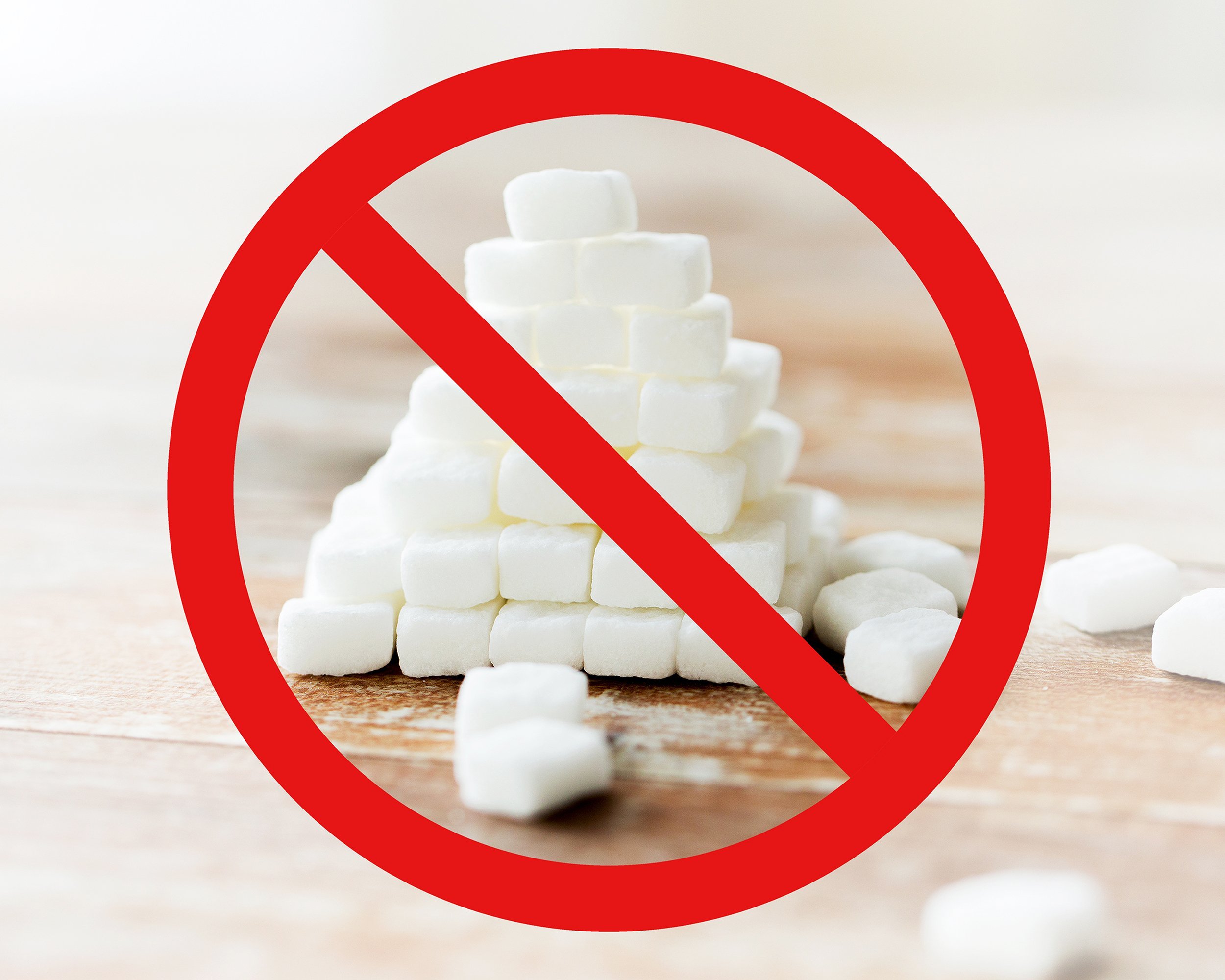
Delicious as sugar is, it’s not a treat for the body. Just some nefarious effects cited by Rodale News: Sugar encourages organs to retain fat, is addictive, and negatively affects the brain’s pleasure receptors. There’s really no place for conventional sugar in a healthy diet; going off it every now and then is a gift to the body. Substitute agave, which is lower on the glycemic index but sweeter, meaning less of it is needed for the same high. You may go through sugar withdrawal for a few days, but the effects will subside and you’ll experience increased energy and overall body performance.
Skip the Booze

While a fun and delicious indulgence, alcohol compromises the immune system and makes the body’s internal organs work harder to eliminate toxins. A moderate amount of alcohol can be healthy for most adults, especially in the form of red wine, which is rich in antioxidants and the plant compound resveratrol. Still, it’s a good idea to give the system a break several times a year. Many alcoholic beverages are high in calories and sugar, and giving them up for a week or so may help shed a few pounds. Alcohol also is one of the more expensive habits, so a little self-discipline will be a boon to the budget.
Munch Probiotic Fermented Foods
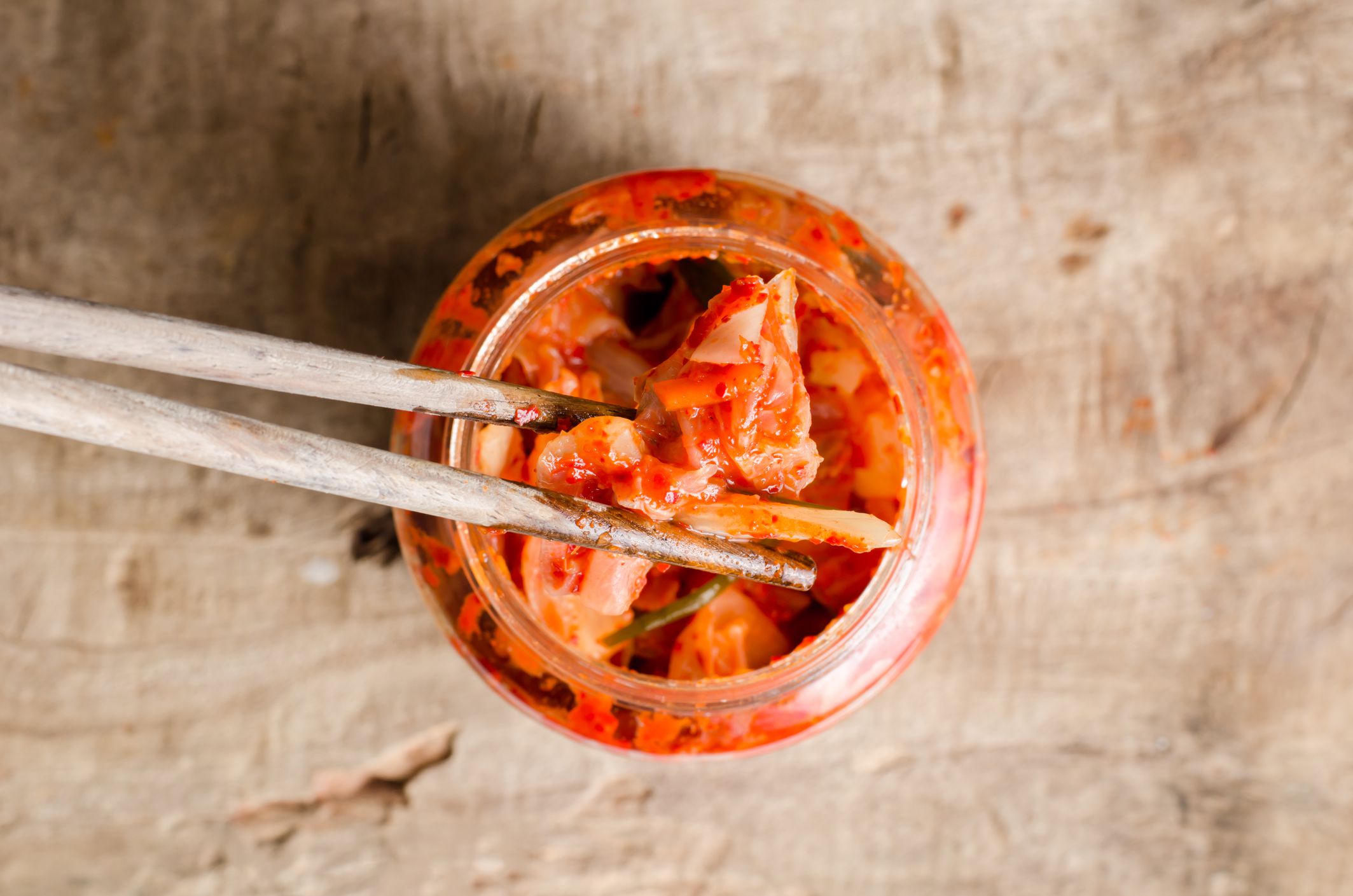
Naturally fermented foods such as sauerkraut, kombucha, and kimchi contain probiotics, which promote healthy digestion and a strong immune system. Our bodies are home to thousands of bacteria, some very helpful and essential to proper bodily functions, and fermented foods are rich in them. Probiotics are alive when we ingest them, so there may be a noticeable burst of energy when eating fermented foods. Stick to locally made vegetable-based products for the best prices; transporting these life-filled foods requires temperature-controlled cargo space that adds cost to the consumer. Some people skip the food approach and seek out probiotic supplements to take like vitamins.
Start the Day With Lemon Water
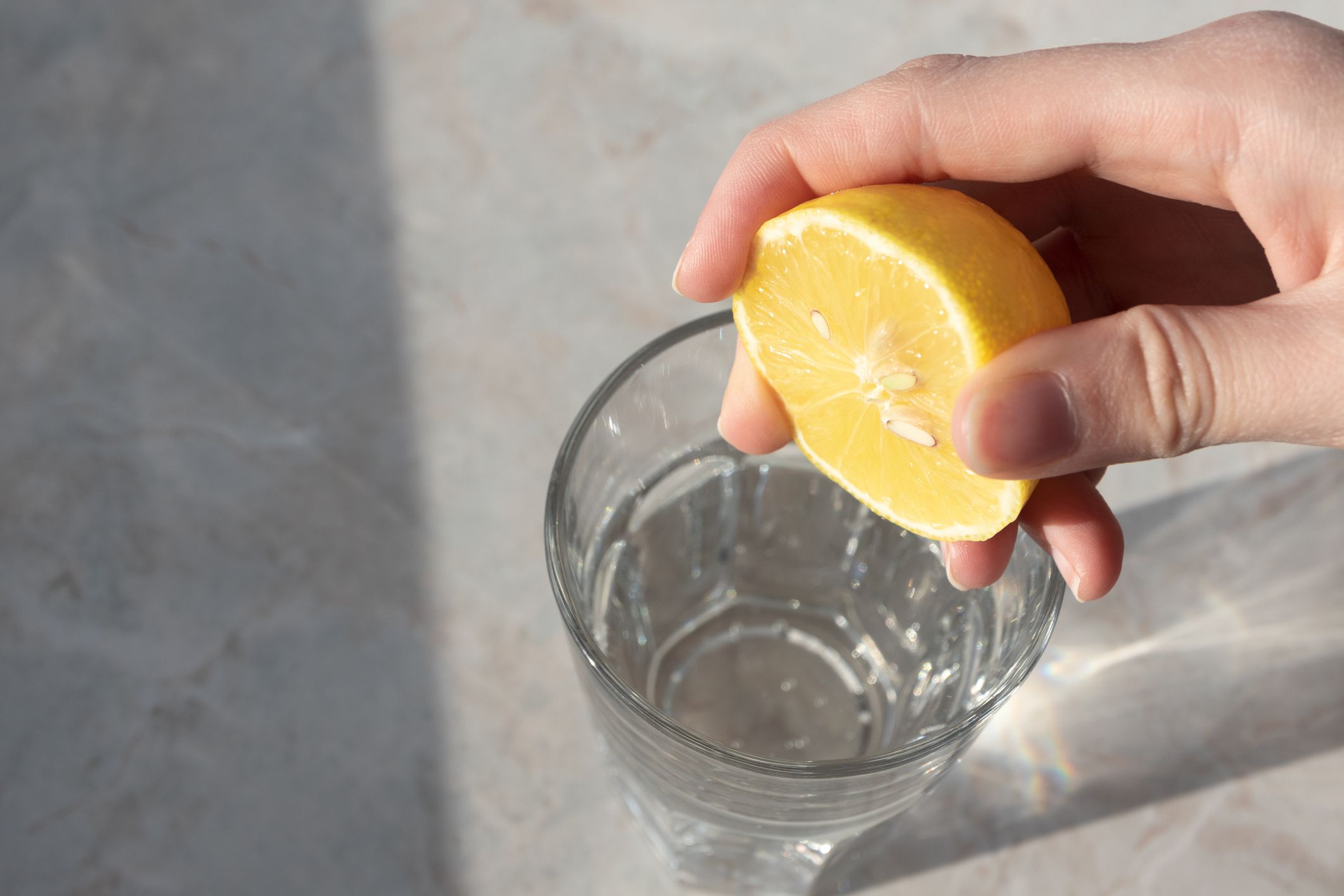
Adding the juice from half a freshly squeezed lemon into morning water — cold or hot like tea — supercharges a detox regimen. Lemon juice is a natural way to support digestion as well as liver and kidney function, all of which are essential to ridding bodies of free radicals and toxins.
Fast Intermittently

Intermittent, small-scale fasting is a trend among the health conscious as well as those looking to drop a few pounds quickly in a healthy way. The idea is to limit food intake to nine hours a day, which most people do by skipping dinner. Since a significant portion of time spent not eating is while asleep, it doesn’t feel like deprivation.
Detox With Tea
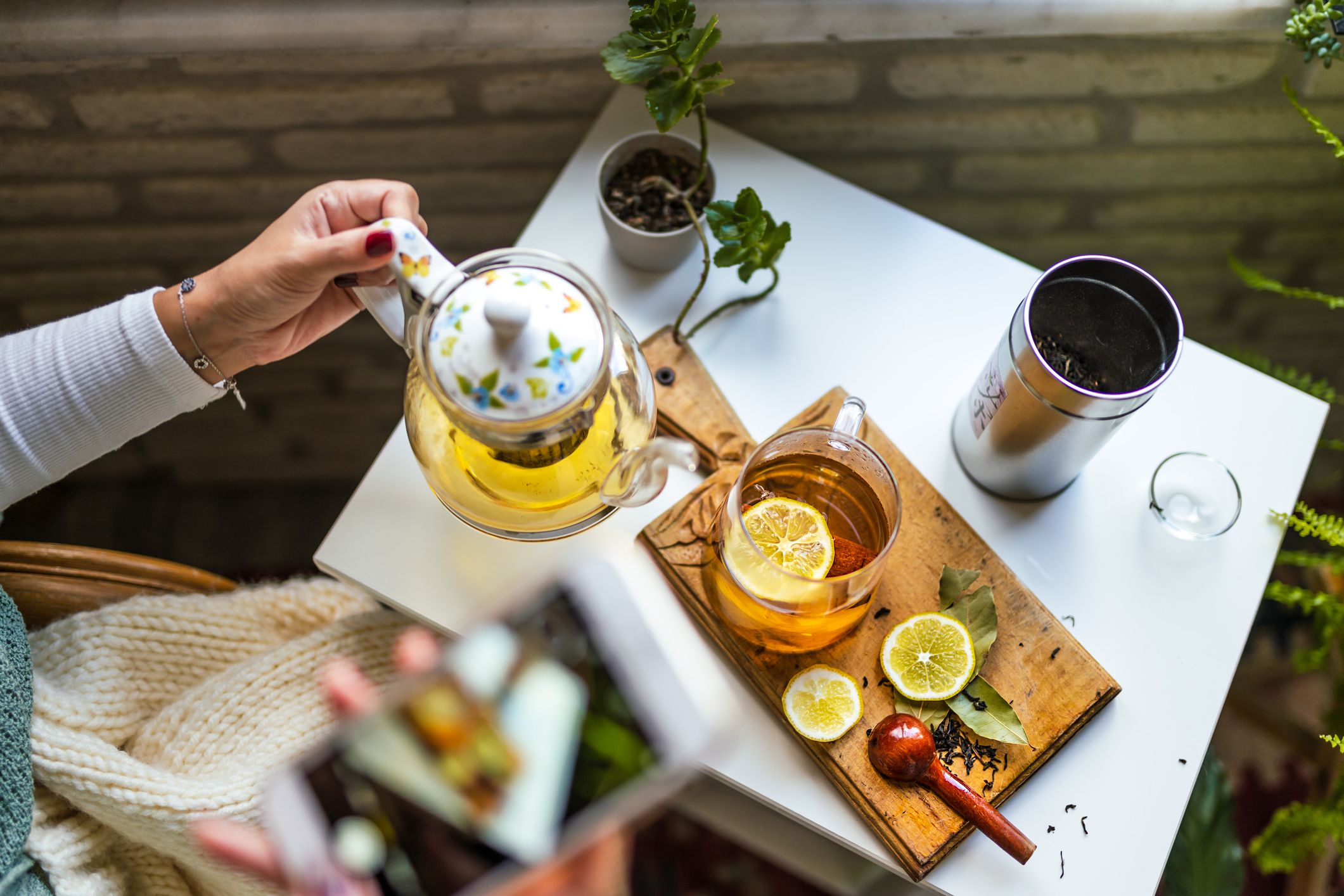
Incorporating a gentle detox tea into your daily routine is a mild and efficient way to rid the body of impurities. There are many cheap varieties on the market combining all-natural herbs and spices to promote detoxification from the inside out. A box of 16 tea bags is $5 from The Vitamin Shoppe.
Ingest Activated Charcoal
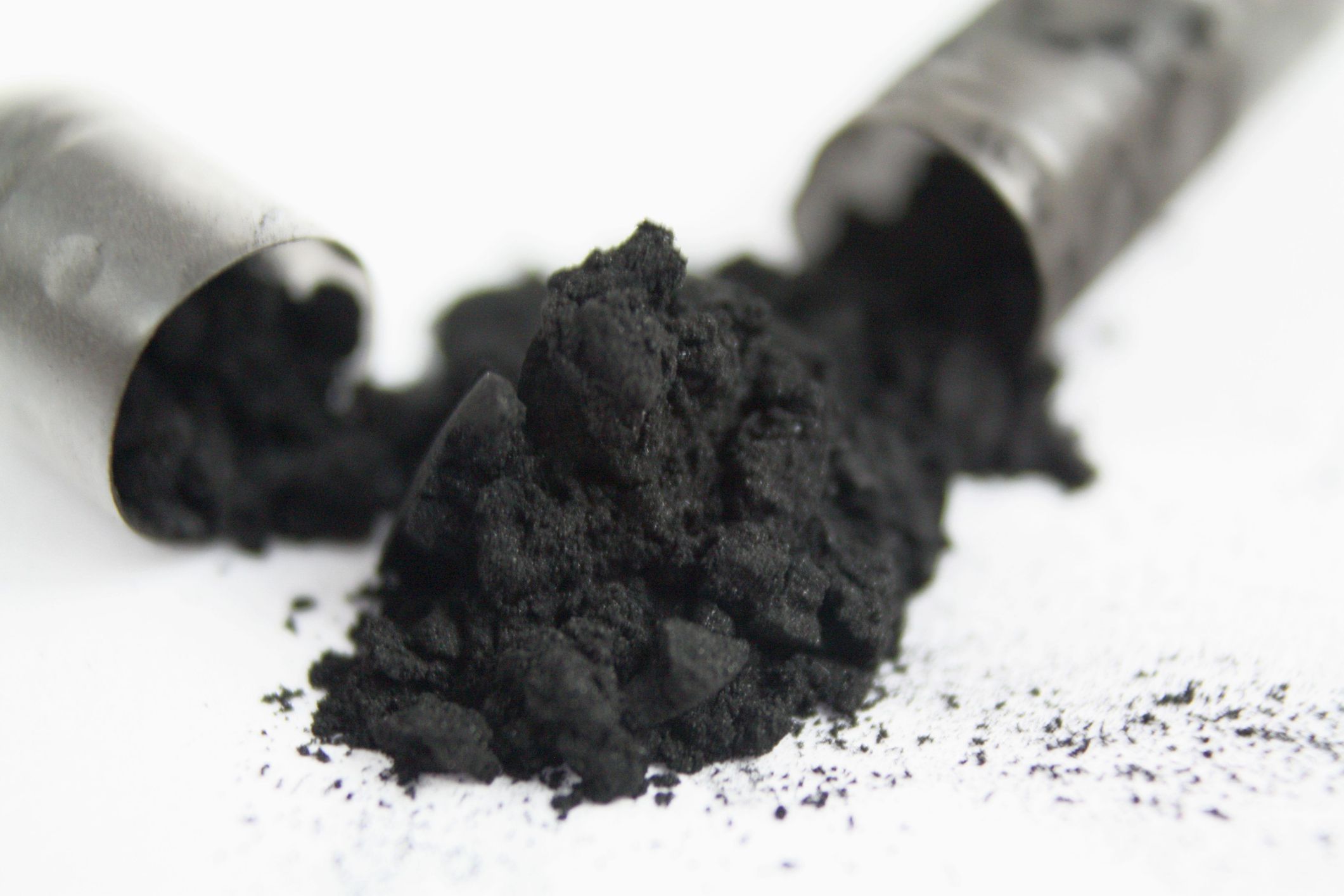
Activated charcoal works like a magnet for certain impurities that could be lurking in the body — it is even given to people in the hospital when they overdose on certain drugs and alcohol to help the body rid itself of the substances quickly and safely. Enough powdered activated charcoal for multiple small doses is $8 from Bulk Apothecary.
